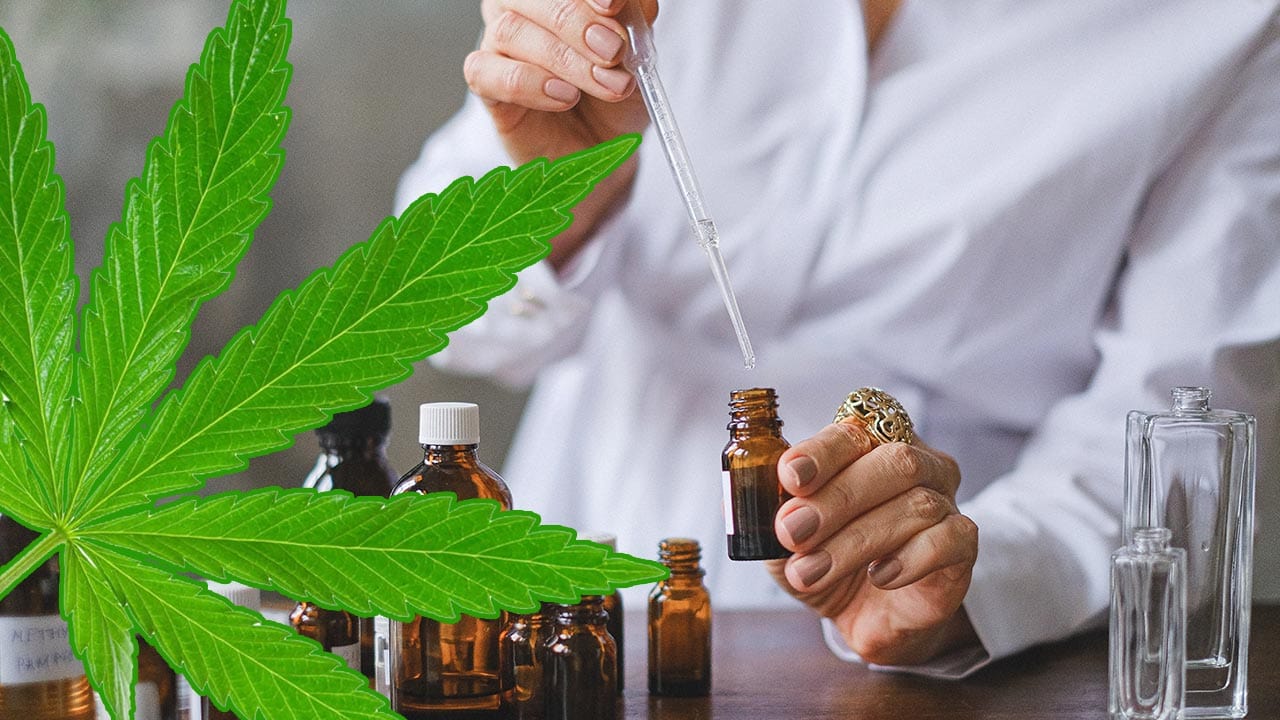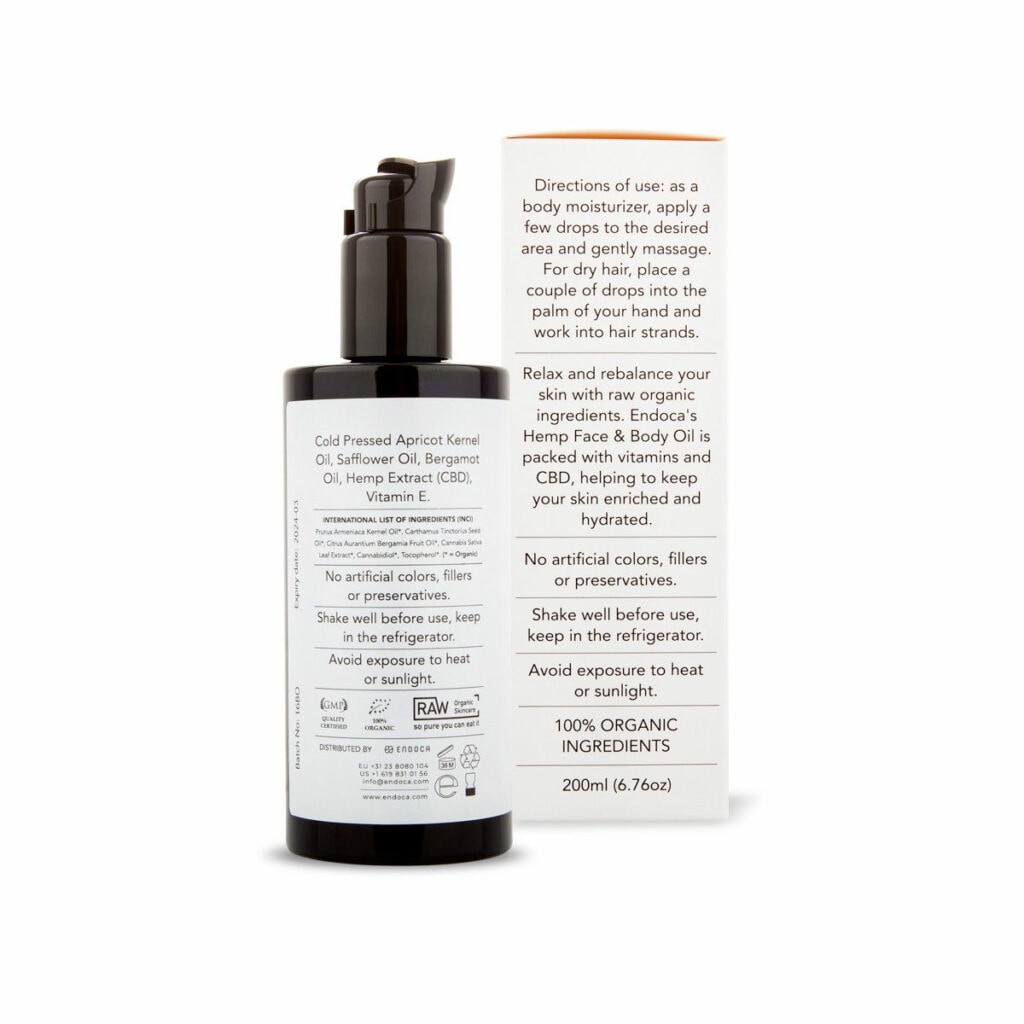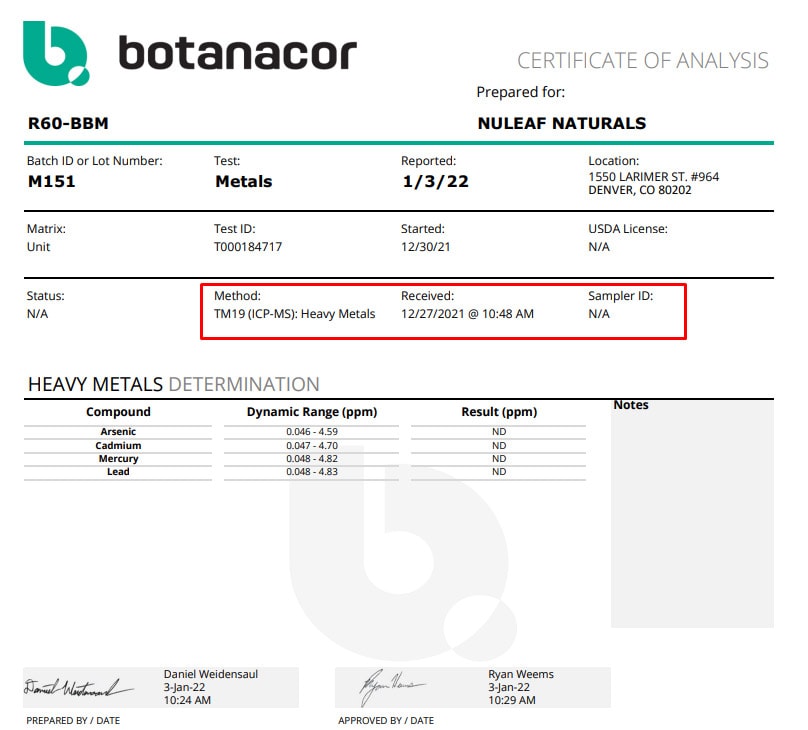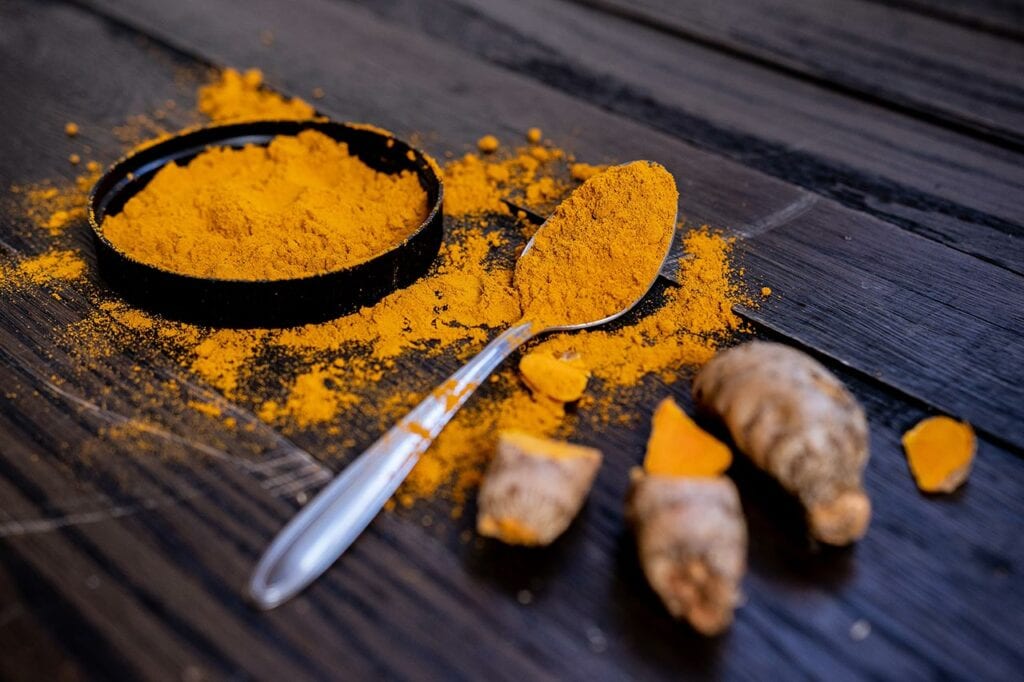Ingredients You Should Avoid in CBD Products
Written by
Michael Levin
Medically reviewed by
Zora DeGrandpre
Summarize

Do you know what to look for in CBD oil to ensure you buy a high-quality and safe product? There is an enormous variety of CBD products today, and understanding the terms and ingredients to avoid is important. For example, you should not buy CBD products containing heavy metals or toxins, ingredients you are allergic to, or products labeled as CBD but are made with hemp seed oil. As with buying food and supplements, it is essential to know the CBD ingredients to ensure the best possible experience.

TL;DR (Too Long; Didn’t Read):
Ingredients to avoid in CBD products include:
- heavy metals,
- pesticides,
- mycotoxins
- essential oils,
- potential allergens.
Always read the product label and the Certificate of Analysis (COA), and remember that hemp oil is not the same as CBD oil.
Table of Contents
Become a Knowledgeable Consumer
CBD products are sold in dispensaries, stores, and online, but not all are equal. Since CBD products are not government-regulated as supplements, it is left to the consumer to become knowledgeable about identifying the safe use of CBD products. Unfortunately, unsafe and mislabeled CBD products continue to be sold, and the product’s ingredient label is inaccurate.
The Food and Drug Administration issues warning letters when test results find false labeling. Fortunately, there are ways to identify these kinds of products by reviewing the Certificate of Analysis (COA), reading customer and product reviews, and only doing business with reputable companies. You can also learn how to compare CBD oils and brands.
Several research projects tested CBD products, including the Journal of the American Medical Association, Johns Hopkins, and the National Institute of Health. David G. Evans, JD, writing for Missouri Medicine, discusses mislabeling, contamination, and medical claims concerning CBD products. What is clear is that there are CBD oil ingredients you should avoid, and you also should not take ingredient labels at face value. Many safe, high-quality brands sell CBD products with accurate labeling of CBD oil ingredients, making the COA readily available.
How to Check a CBD Product in 30 Seconds?
Before you buy, do a quick quality check so you know what you’re getting:
- Make sure it’s CBD oil, not just hemp seed oil.
- Look for a Certificate of Analysis (COA) via QR code or a link on the label.
- Scan the COA for heavy metals, pesticides, and mycotoxins.
- Check the ingredient list for artificial colors, sweeteners, and essential oils in ingestible products.
CBD Ingredients to Avoid
Everyone should avoid certain ingredients, while others are avoided for personal reasons, such as allergies. Following is a list of CBD ingredients to avoid for safety or personal reasons.
1. Hemp Oil Only
CBD is extracted from the industrial hemp plant, so it is easy to get confused when a product is labeled as “hemp oil,” “hemp seed oil,” or “hemp extract.” Though the product may be a safe nutritional oil, it will contain only a trace amount of, or none, CBD. Hemp seed oil is extracted from hemp seeds, usually with a cold-press process. Hemp seeds have very little CBD. CBD is extracted from hemp plant biomass, not the seeds.
2. Animal-Based Ingredients: Vegan or Vegetarian
If you are a vegan or vegetarian, you want to avoid animal and animal byproduct ingredients. For example, CBD capsules are made with gelatin or plant material, and CBD gummies are made with gelatin or pectin. Gelatin is a protein usually derived from the natural collagen of pigs or cows. Plant-based ingredients are frequently sourced from vegetables, and pectin is derived from vegetables and fruits.
3. Heavy Metals
The cannabis plant absorbs what is in the soil. It is a hyperaccumulator plant, accumulating unusually high concentrations of metals through the roots and storing them in living tissues. Heavy metals include metals like lead, arsenic, and mercury, and are not for human consumption. Though they are not ingredients, per se, safe-to-use CBD products do not have heavy metals that exceed a scientifically set limit. Review the COA to ensure each tested metal does not exceed the state-set legal limits. In quality CBD products, most results will indicate “ND” for “Not Detected”.

4. Pesticides and Mycotoxins
Like the heavy metals analysis, the COA will also report results for various pesticides and mycotoxins. A mycotoxin is a toxic compound naturally produced by a fungus. Ensure the results show that each compound is within the legal limit for human consumption.

5. Artificial Ingredients
Some CBD products contain artificial products. Not all of them are bad in the sense that they are not poisonous or toxic, like artificial sweeteners. However, you are taking CBD oil for health reasons, so you want your CBD products to be as natural as possible. Ideally, CBD oil ingredients should not include artificial sweeteners, flavorings, or coloring. You can buy organic products that are all-natural from the farm to the final product or CBD products, ensuring each ingredient is obtained from a natural source.
6. Ingredients That Can Trigger an Allergy
If you have allergies, read the CBD product label carefully to ensure no ingredients can set off an allergic reaction. A good example is grapefruit. It can cause atopic dermatitis, bronchial asthma, and allergic rhinitis in people allergic to this food. Many CBD products contain ingredients like magnolia, vitamins, elderberry, aloe vera, passion flower, peppermint oil, turmeric, and dozens of others that you may be allergic to.
7. Ingredients That Interact With Medication
Fruits like grapefruit and Seville oranges contain furanocoumarins, a chemical that interferes with proteins in the gut that process medications. The common medicines impacted include some for lowering cholesterol and blood pressure, treating heart arrhythmia, and treating infections. Orally ingested CBD is also processed by the CytP450 system of the liver. This may either increase or decrease the levels of both prescription and over-the-counter medications, and thus change many aspects of those medications’ actions and effects. These changes can be harmful and should be avoided.
8. Ingredients That Can Cause Side Effects
Take note that the active ingredients in CBD oils include more than cannabinoids. For example, the active ingredient in turmeric is curcumin. Some people experience mild side effects from curcumin, like an upset stomach, and believe it may be due to CBD when it might be the turmeric. It is essential to review the ingredients before consuming a CBD product and stop using CBD if side effects develop.

9. Essential Oils in Consumable CBD Products
Essential oils in large quantities are not intended for consumption. Essential oils like eucalyptus and peppermint oil are used in CBD topicals to soothe skin and in CBD bath bombs for aromatherapy. A CBD consumable should not have essential oils listed as ingredients.
10. No Cannabinoid Profile
Due to how CBD is derived from the whole hemp plant except for the seed, full spectrum and broad spectrum CBD will include other cannabinoids, like CBC and CBD. These cannabinoids are also tested and should appear on the COA; if they do not, there is a quality issue.
Watch Out for Additives in Different Product Types
1. CBD oils and tinctures

CBD oils and tinctures contain hemp extract, a carrier oil such as MCT oil, hemp seed oil, or olive oil, and sometimes natural flavors. Be cautious of products with long ingredient lists that include artificial flavors, sweeteners, or unnecessary preservatives. If you have sensitivities to coconut oil, check the carrier oil carefully, and remember that hemp seed oil alone is not the same as CBD oil.
2. Capsules and softgels

Capsule formulas often include fillers and flow agents to help with manufacturing. While simple excipients are acceptable, it’s wise to review the label for artificial colors, titanium dioxide used solely for whitening, or additives that don’t clearly support the formula. If you avoid animal products, you may want to find vegan CBD capsules. Remember to check whether the capsule shell is made from gelatin or a plant-based alternative.
3. CBD edibles, gummies, and beverages

Edible CBD products often rely on color and flavor to make them more appealing. Watch for artificial colors (such as FD&C Red 40 and similar dyes), large amounts of added sugars or sugar alcohols, and low-quality artificial flavorings. These ingredients may not support your overall wellness goals and may indicate the product is more focused on taste than on its formula.
4. CBD topicals

CBD creams, balms, and lotions may contain fragrances, preservatives, and botanical extracts. Look for products that avoid synthetic fragrances, parabens, and other harsh preservatives, and be mindful of strong essential oils, which can irritate sensitive skin when used at high concentrations. Patch-testing a small area first is a good way to see how your skin responds.
5. CBD vapes
Many vape products use carriers such as propylene glycol (PG), vegetable glycerin (VG), or polyethylene glycol (PEG). Some formulas have also used vitamin E acetate as a thickening agent. These ingredients can affect how the vape behaves when heated, which is why it’s important to review the full ingredient list and choose products from transparent, third-party-tested brands.
Look for CBD products that use minimal, clearly listed ingredients and rely on natural flavors and colors rather than heavy use of artificial additives.
Know Your CBD Products
You will find that some ingredients are unsafe for you because of your personal health issues, like allergies, but they are safe for the next person. Being an informed consumer can help you select the most beneficial and safest CBD products. The large variety of products means a large variety of ingredients to consider. The best advice is always to buy a reputable CBD brand, carefully read all the ingredients listed on the label, and review the Certificate of Analysis.
Sources
- https://www.fda.gov/news-events/public-health-focus/warning-letters-and-test-results-cannabidiol-related-products
- https://www.ncbi.nlm.nih.gov/pmc/articles/PMC7723146/
- https://agriculture.vermont.gov/hemp-program/hemp-seed-oil-and-cbd-concentrate-understanding-difference
- https://pubmed.ncbi.nlm.nih.gov/21421358/
- https://www.thermofisher.com/diagnostic-education/hcp/us/en/resource-center/allergen-encyclopedia/whole-allergens.html?key=f209
- https://www.healthywa.wa.gov.au/Articles/A_E/Essential-oils
Share this post


Linda. Roberts
I am an 80 year old female who has ************. I have leg cramps and aches. What do you recommend?
Michael Levin
Hi Linda,
We can’t recommend specific CBD products for your health issues. It’s a good idea to discuss with your doctor whether using a topical CBD cream or taking CBD oil could be suitable for you. They can guide you on safe practices and dosages for using CBD effectively.
Cat
I have been using CBD oil for 15 years or more and it is wonderful! I have severe ********* and remain 98% **** free. 40 mg in the morning and 50 mg in the evenings. I use a product that is grown and processed in the US. It is third party tested for heavy metals.
Plus I use hemp oil daily for the balance of omegas. They are separate and different products!
Laura A Davis
Hi – I have been purchasing Lazarus Naturals CBD Oil and have not had any issues. However, I have recently been tested and have found high levels of lead in my blood. Are they a reputable supplier? I bought them on your site. Please comment re a safe CBD Oil!
Michael Levin
Hi Laura,
Lazarus Naturals is one of the most reputable and strictly tested brands we carry, and most of their products come with third-party lab reports. Unfortunately, based on your blood tests alone we cannot determine what caused your results, so we recommend discussing possible sources of exposure with your healthcare provider.